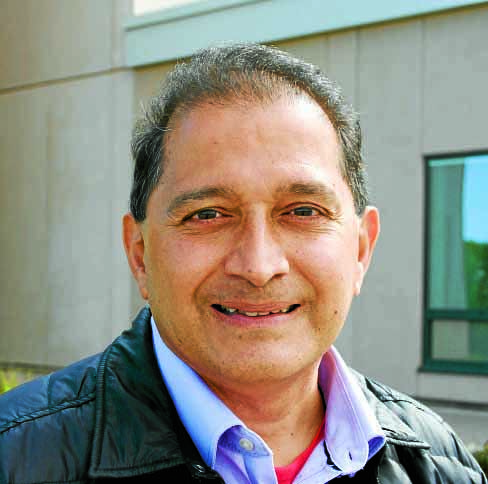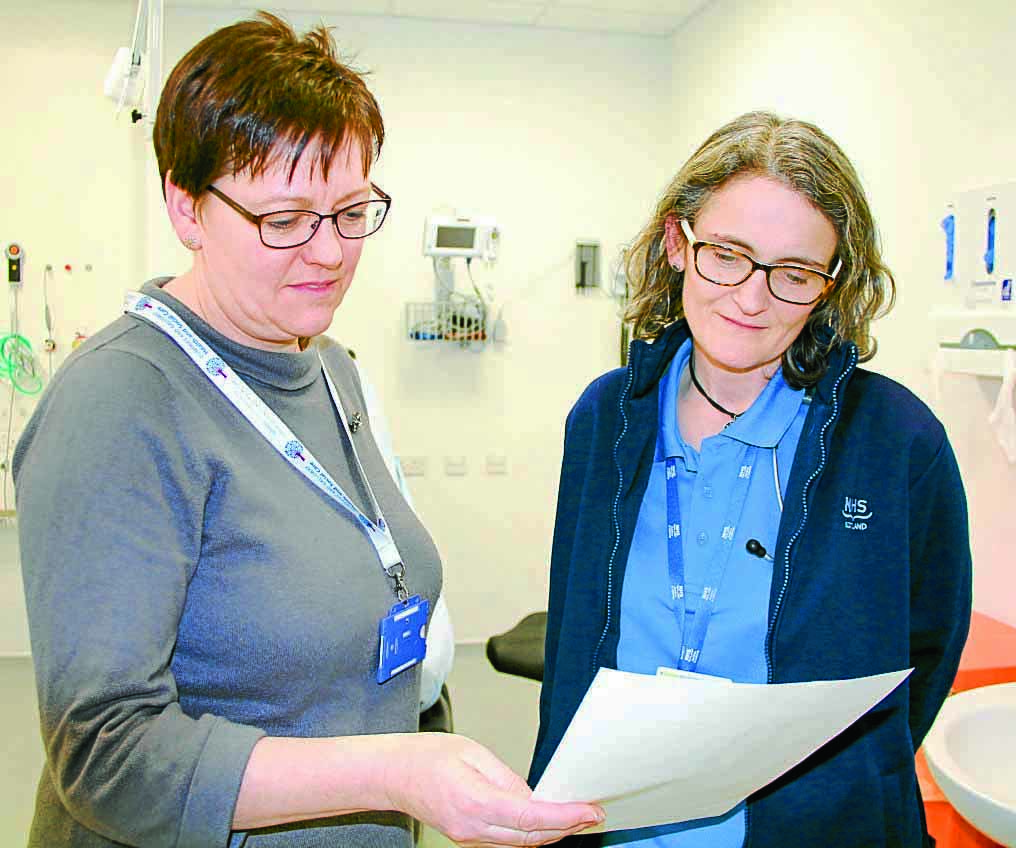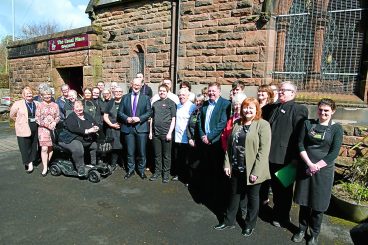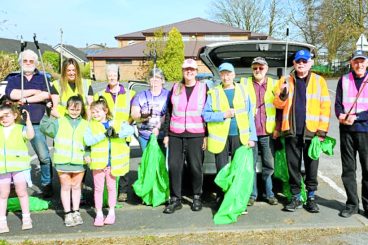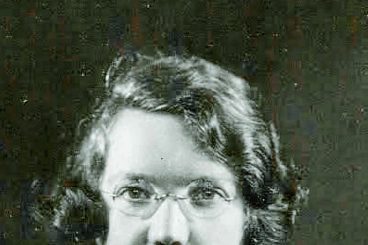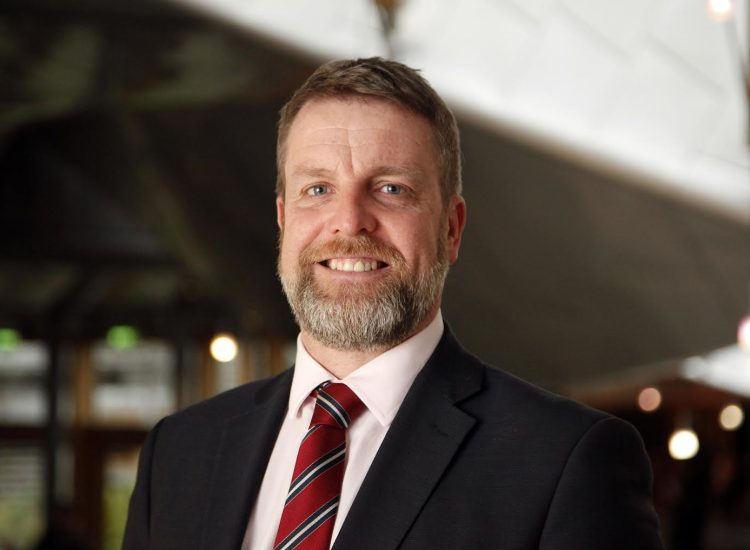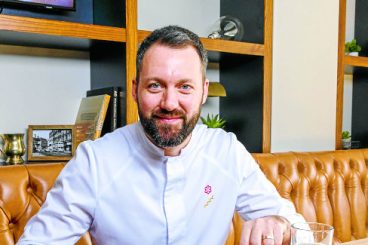An increasing number of pharmacists are now training to operate at the top of their licence as prescribing pharmacists, which gives them the authority to treat certain patients and write prescriptions. It is part of a drive to build an effective and wider approach to healthcare. #Explaining more, Sanquhar GP Dr Nitin Desai, who leads the region’s out of hours service, said: “We have a number of prescribing pharmacists in the region now, and a good number of them are starting to work in GP practices for periods of time. This is happening at practices across the region, and these pharmacists are helping GPs to deal with a variety of things, like acute medication requests and repeat prescribing.
“Some of them are also helping to run some minor illness clinics or see patients with common clinical conditions which they have been trained to deal with and treating them because they are prescribers now, and that’s taking a load off GPs.”
Dr Emily Kennedy was one of the first pharmacists in Scotland to qualify as a prescribing pharmacist. In addition to working in GP practices, she is also part of the out of hours service which operates out of Dumfries and Galloway Royal Infirmary. Dr Kennedy said: “I did the first prescribing course, in Aberdeen, about 15 or 16 years ago and then did the very first conversion to independent prescribing in 2008.
“The vision now is that every pharmacist will become a prescribing pharmacist – with the target of 2020 set by the Scottish Government.” In one GP practice she set up and now runs respiratory clinic, reviewing people with asthma and chronic obstructive pulmonary disease. She said: “Once they’ve got the diagnosis it’s a lot about managing the medicines effectively. “In another practice I focus on people who have chronic pain and sleep difficulties, but we also do poly-pharmacy clinics.
“So we really are embedded in a lot of practices and it’s leading into changes.” Dr Kennedy pointed out changes taking place within other professions, such as nurses who are becoming prescribers, and added: “I really like the fact that we can make a difference – especially if it’s about helping someone to manage their medicines better, and understand their medicines and feel better.”
And Dr Desai said the changes have freed up GPs to deal with potentially more complex and time-consuming patients. Furthermore, patients have reacted positively and he said: “Patients have been very happy with the arrangement, and after evaluation of the pilot we’ve now decided to open up this pilot and offer shifts for other prescribing pharmacists to come in and do this work.”
